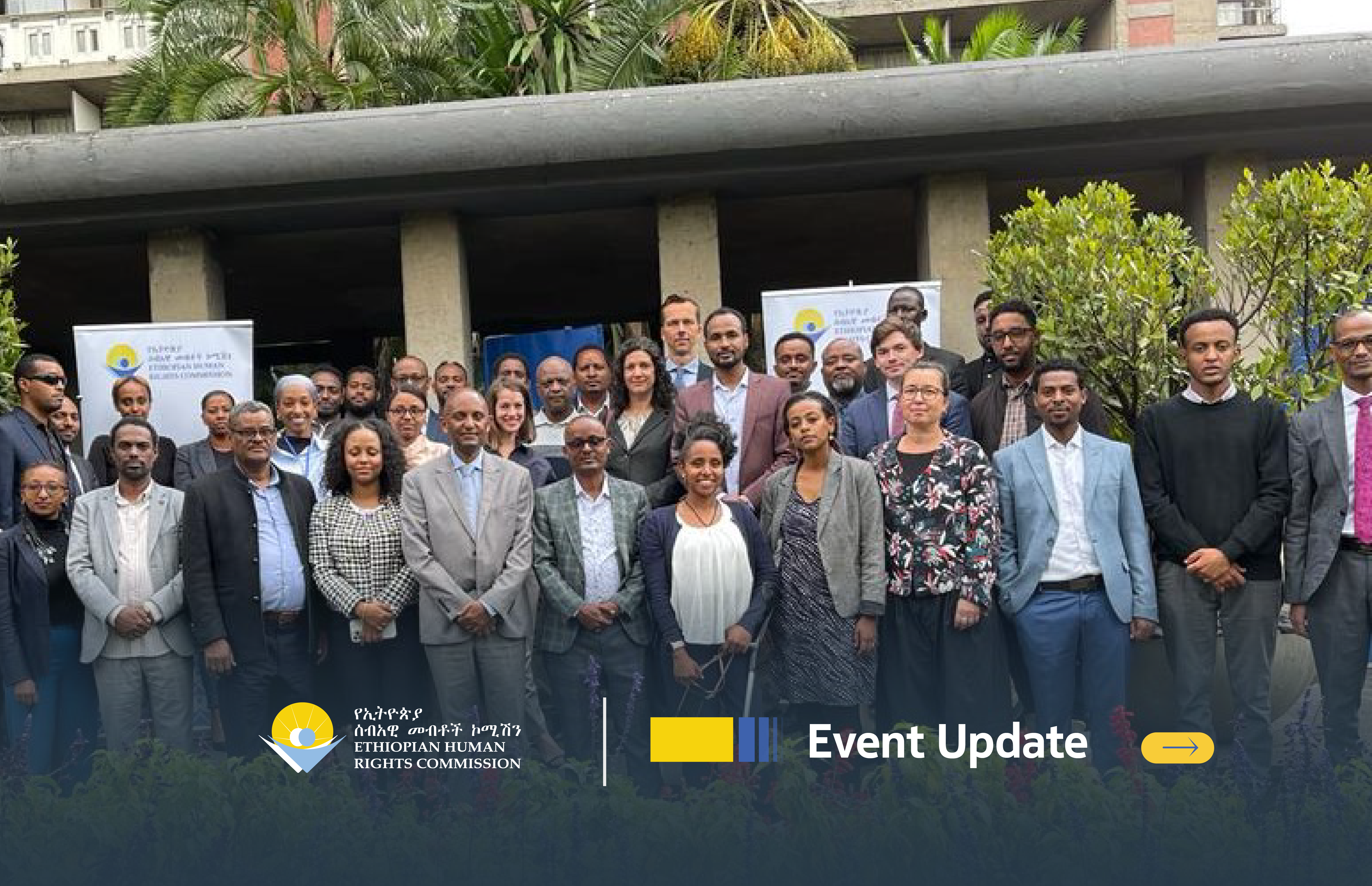In December 2010, the United Nations (UN) General Assembly declared 30th August as the International Day of the Victims of Enforced Disappearances, expressing concern about the increase in enforced or involuntary disappearances around the world. To mark this important day, the Ethiopian Human Rights Commission (EHRC) organized a seminar and a photo exhibition of reported cases of victims of enforced disappearances on August 30, 2023. The seminar brought together representatives from the Ethiopian government, inter-governmental organisations, representatives of embassies and development partners, civil society organisations, academia, international experts, and the Commissioners of EHRC.
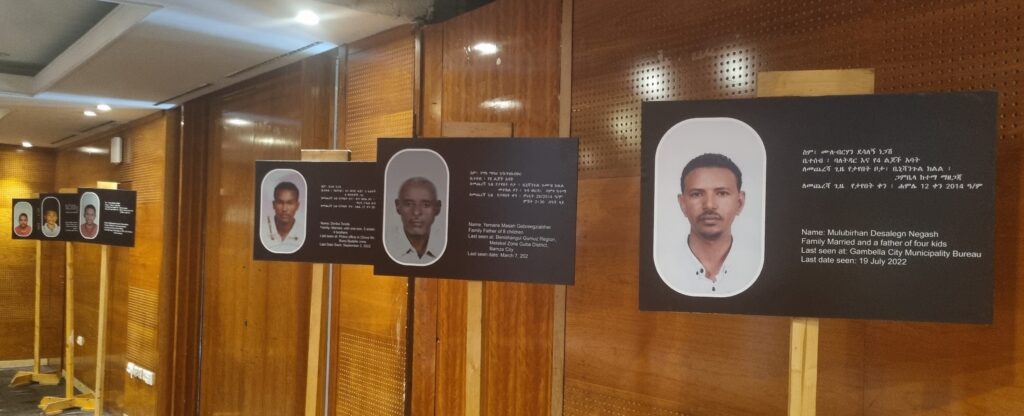
The overall objective of the seminar was to commemorate the day by standing in solidarity with the victims of enforced disappearance, enhance awareness about enforced disappearance among key stakeholders, and advocate for the ratification of the International Convention for the Protection of All Persons from Enforced Disappearance (ICPPED) by Ethiopia.
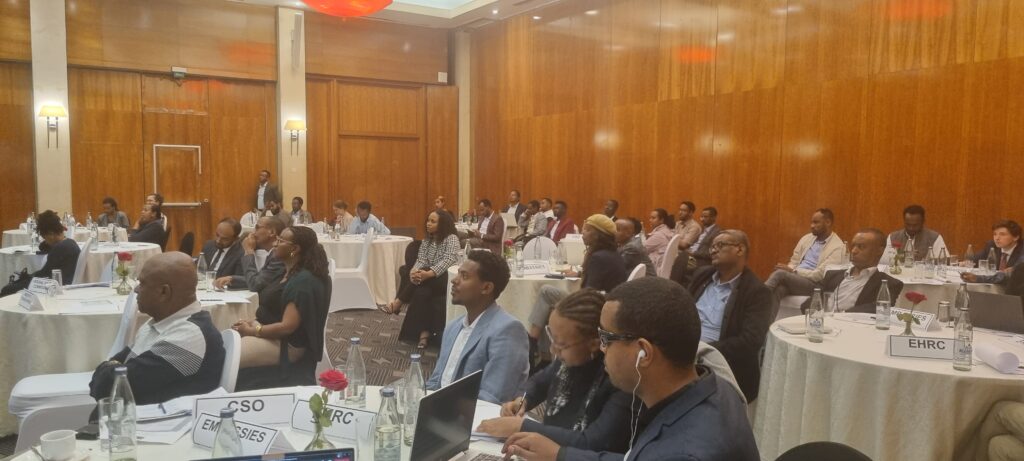
Overall, the seminar highlighted the importance of raising awareness about enforced disappearance, and the need to ensure that victims have access to effective remedies including individual and collective measures, such as restitution, compensation, rehabilitation, satisfaction, and guarantees of non-repetition. Furthermore, the need to integrate the issue of enforced disappearance in the transitional justice process that the country has embarked on was discussed at length, including in relation to criminal accountability, truth-seeking and telling, reparations, and guarantees of nonrecurrence.
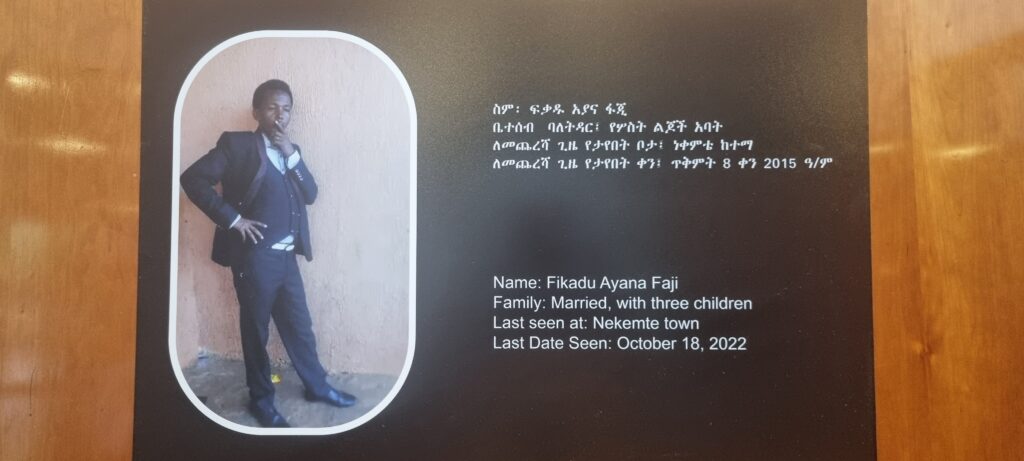
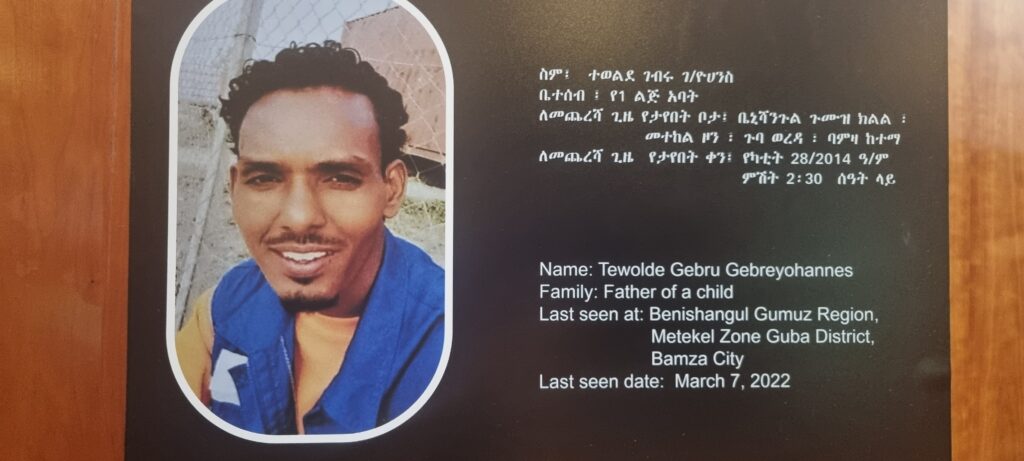
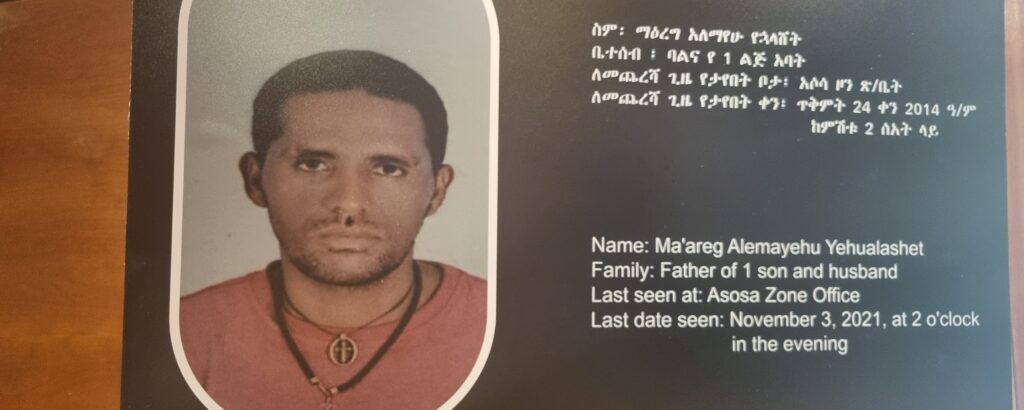
Aua Baldé, Chair-Rapporteur of the UN Working Group on Enforced or Involuntary Disappearances (WGEID), who joined the seminar virtually, briefed participants on the cumulative elements of enforced disappearance, and the mandate and modes of operation of the Working Group which includes country visits, reporting to the Human Rights Council, monitoring, and its humanitarian mandate. She stressed that enforced disappearance is a continuous human rights violation due to the unknown fate and whereabouts of the disappeared person. The Chair-Rapporteur availed her good offices for any technical support that the Ethiopian government, civil society organsiations, or other stakeholders may require in relation to the protection of persons from enforced disappearances.

Dr. Daniel Bekele, Chief Commissioner of the EHRC, stated that “victims of enforced disappearance include not only the disappeared person, but the relatives or dependents of the person who has disappeared” and added that the act “leaves a trail of pain, despair, uncertainty, and injustice.” He underscored that “enforced disappearance is an international crime with absolute prohibition, whether it is in the context of armed conflict, internal political instability, and health-related or other public emergencies.” The Chief Commissioner emphasised the importance of ratifying the ICCPED which provides a comprehensive legal framework, including prevention, investigation, and reparations.

The seminar concluded by reminding participants of their respective roles to work towards the prevention of enforced disappearance to ensure justice and reparations for victims and to ensure that the necessary domestic and international legal frameworks are put in place to provide adequate protection for individuals.
